
Before my generation, most of my family repeated a pattern of few options. They were rural people, which in itself is not unfortunate, after all, we all need the products these people produce.
What was unfortunate was that my great-grandparents, my grandparents and my parents had few options to change their lives. They lived in a country where education hardly reached the rural areas. It was difficult for a child from the countryside to go to any school, their chances of preparing for a trade or continuing on to high school or university were almost nil.
By the time I was born, things had begun to change significantly. Venezuela became the second largest oil producing country in the world. It was a country with few inhabitants and great income. And the leaders of the time did something really smart: they invested in education. The country began to fill up with schools, high schools, technical institutes and universities. Now people with fewer resources had the possibility of getting an education and other paths were opening up for them.
The new conditions allowed my mother, who was a poor woman from the countryside, to dream of something that none of her relatives had had. My mother dreamed that we, her children, would achieve a university degree.
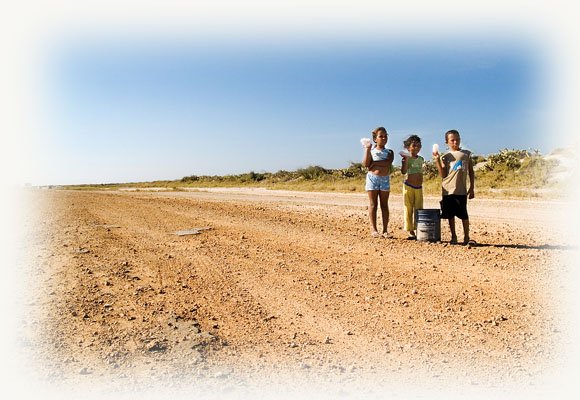
In those days, going to university and having a profession was a guarantee of social advancement. It was normal for poor young people who managed to study and prepare themselves to improve their living conditions and get out of poverty.
My mother, like many others like her, knew that the best way to have a more comfortable life was to get their children educated. That's why they placed so much importance on education.
I was the first to fulfill my mother's dream. Thanks to her help and effort I was able to study and achieved two university degrees. For her and my family it was a source of pride that one of their own had that level of education.
My case was a good example that it was worth studying. I graduated very young, in my early twenties. And in less than three years, with the income from my job as a teacher, I was able to buy a modest house, an agency car, and help my parents so that my siblings could continue studying. It was a reality that education improved people's lives.
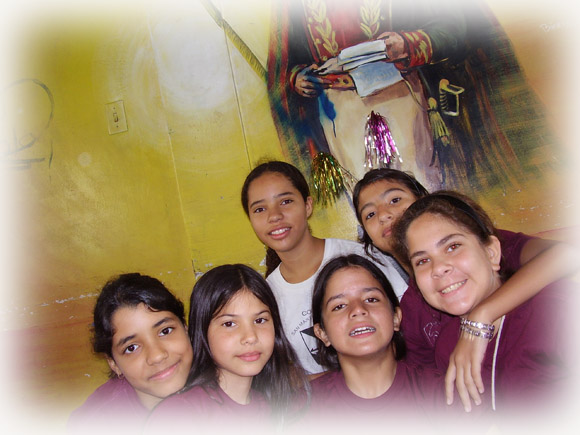
Until my children's generation, public education in my country continued to fulfill its role of improving people's lives. My older children studied in public schools, high schools and universities, which the State financed, and in which they did not pay any kind of tuition. For any poor person to have such an education was a great advantage.
But in the last twenty-five years, all this great effort to have a quality education for all has been neglected. And today the situation is dramatic.
It is true that we still have public education, but every day it serves fewer people. The vast majority of our elementary, high school and university classrooms are empty.
There are many reasons for this absence from the classrooms, but the main one is the poverty of the people. Now most of them are so poor that they cannot even send their children to school. In addition, the quality of education has fallen to the floor. If we compare the quality of public education in which my siblings, my children and I studied, I would say that on a scale of one to ten, the one we received would be eight and the one we receive now would be one.
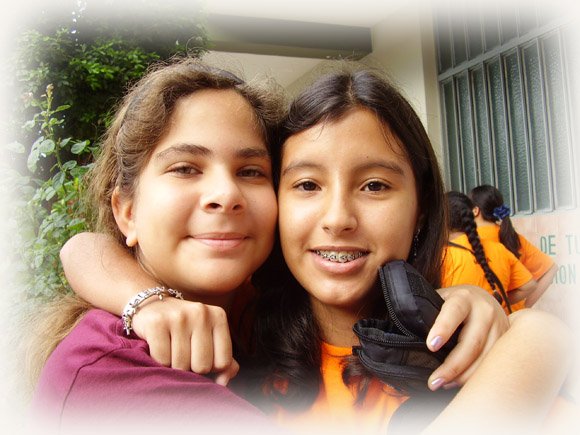
One of the things that worries me the most is the abandonment of public education in my country.
We see the effects everywhere. Every day that passes our children and young people are more ignorant, they are less prepared to understand and comprehend what they read. With this limitation it is very difficult for them to develop a critical spirit, to make their way, and they are more easily manipulated. Falling into ignorance is one of the worst things that can happen to a people.
The effects of this poor education are also felt at other levels. The latest generations of physicians are poorly prepared. In our hospitals, both public and private, there is an increase in diagnostic and therapeutic errors.
There are many criticisms that can be made of education; it has always been said that it is somewhat out of step with the needs of life. In the most advanced countries, it is questioned that it does not contribute more to raising awareness of such problematic issues as the environmental changes resulting from our way of life.
However, there is an unquestionable reality. It is in education that the people who solve society's problems are trained. From the classrooms come the doctors who take care of us, the engineers who prevent buildings from collapsing, the scientists and thinkers who build solutions to everyday problems. Without the professionals trained by education, we would not be able to keep a marvel of the modern world such as the Internet running.
This is a topic that does not leave my mind. As I mentioned before, I am concerned about the future of our country. If we fail to improve in the medium term the serious problems of our public education we will fall further and further behind and it will be increasingly difficult to live here.
I am publishing this post motivated by the initiative proposed by my friend @ericvancewalton, Memoir Monday, in its week nine. For more information click on the link.
Thank you for your time.
Translated with DeepL.com (free version)

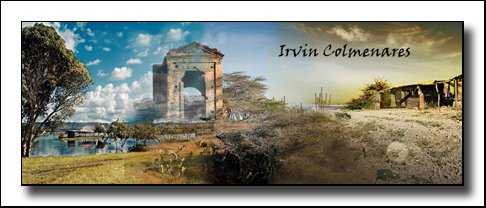


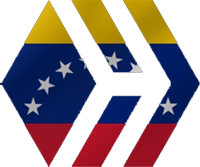
Logo creado por @themanualbot


